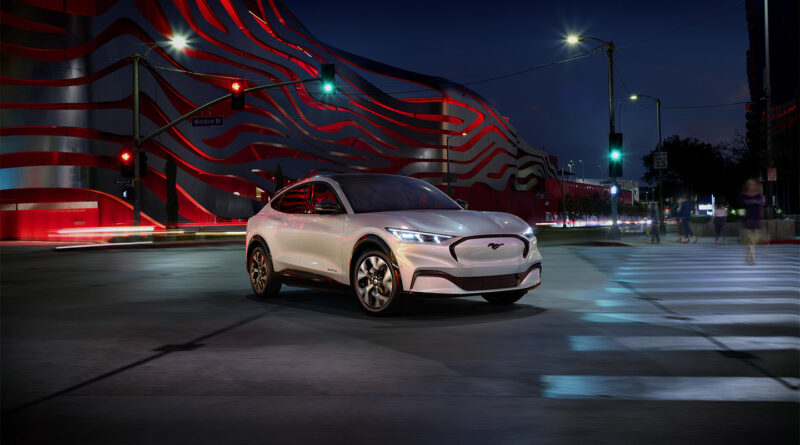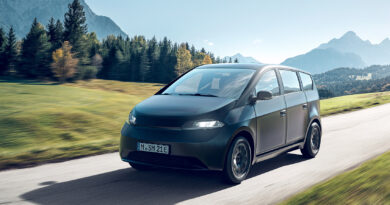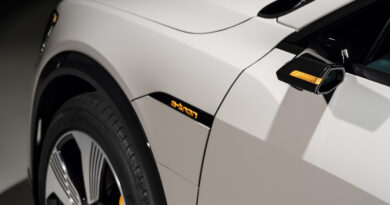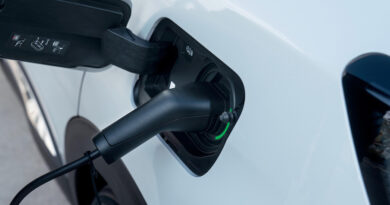Target EV: The year each car brand promises to go electric
An zero emissions vehicle future is inevitable and all car brands know it. Many have already committed to an EV-only future.
Here’s our list of the years manufacturers have suggested or promised they’ll produce only electrified or fully electric cars.
Audi
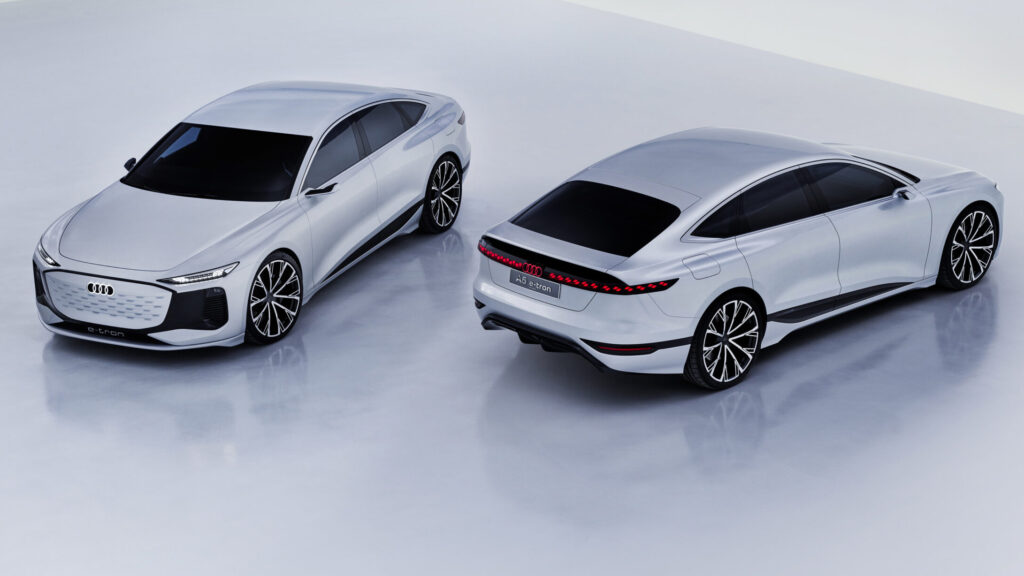
The German prestige brand will launch only electric vehicles after 2026, and says its final internal combustion engine sale is scheduled for 2033.
Plug-in hybrids aren’t on the table post-2026, only full electrics such as its current e-Tron, e-Tron GT and Q4 e-Tron.
Internal Combustion high point?
That screaming 2.1-litre turbo 20V in-line five-cylinder from the Audi Quattro S1 Group B rally car
Bentley
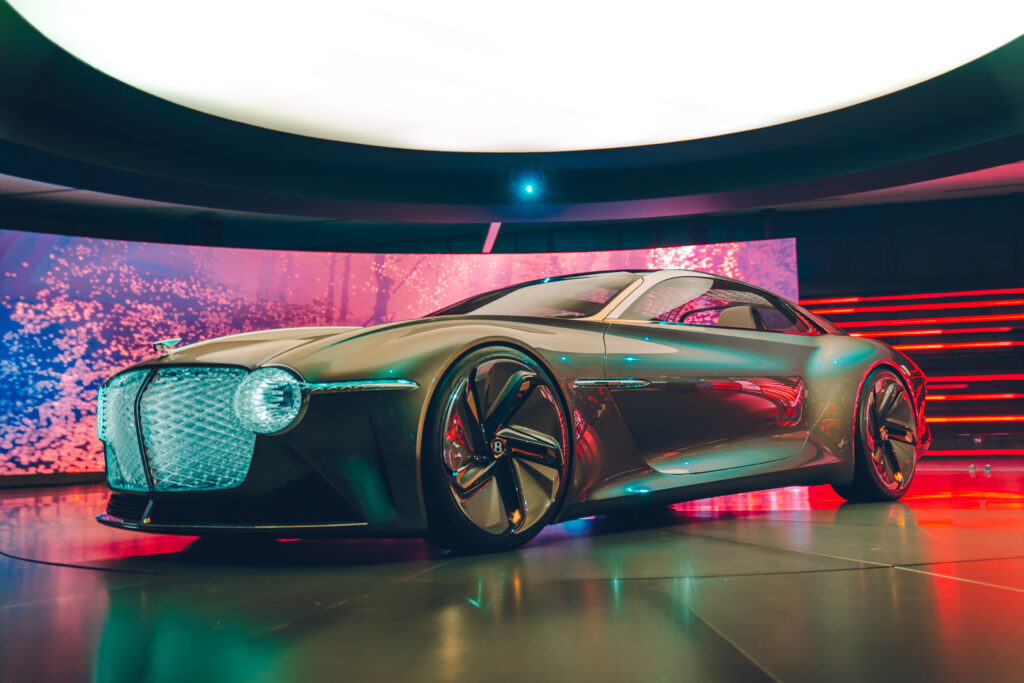
The British high-end brand, controlled by the Volkswagen Group, will build only EVs from 2030.
Its timeline before then looks well set too. All models ill have some form of hybrid system by 2023; its first EV lands in 2025; and there’ll be Bentley PHEVs and BEVs only from 2026.
The only electrified cars in Bentley’s current range are conventional hybrids – the Bentayga Hybrid and Flying Spur Hybrid.
Internal Combustion high point?
6.75-litre V8 that served from 1959 until 2020 – more than six decades.
Cadillac
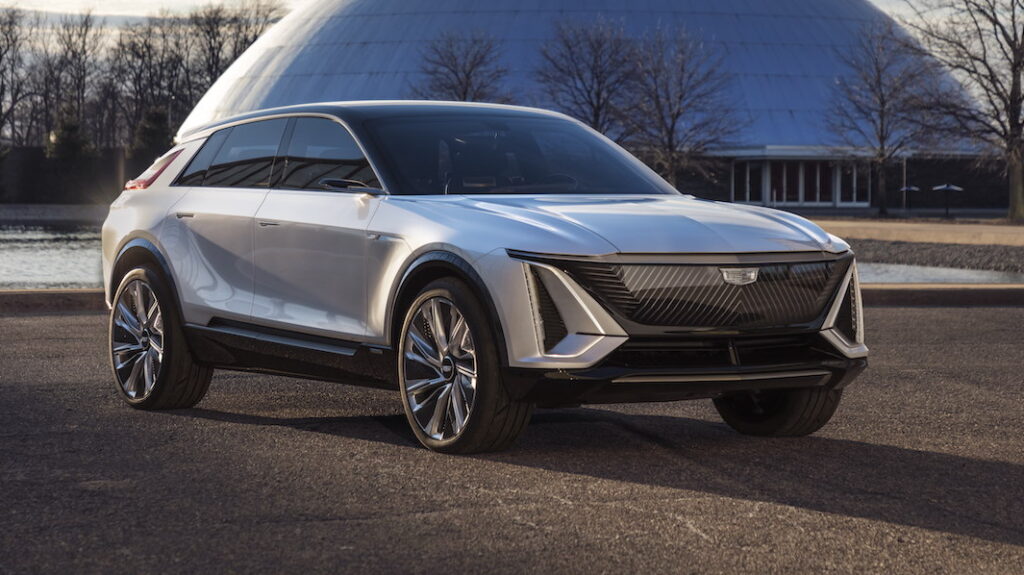
Plans to evolve into a fully electrified brand by 2030 as part of GM’s commitment to stop building petrol and diesel engines by 2035.
Its first EV effort will be the Lyriq SUV, due to begin production in late 2022.
Internal Combustion high point?
Its monster V16 found in the Cadillac Sixteen of the 1930s.
Chevrolet
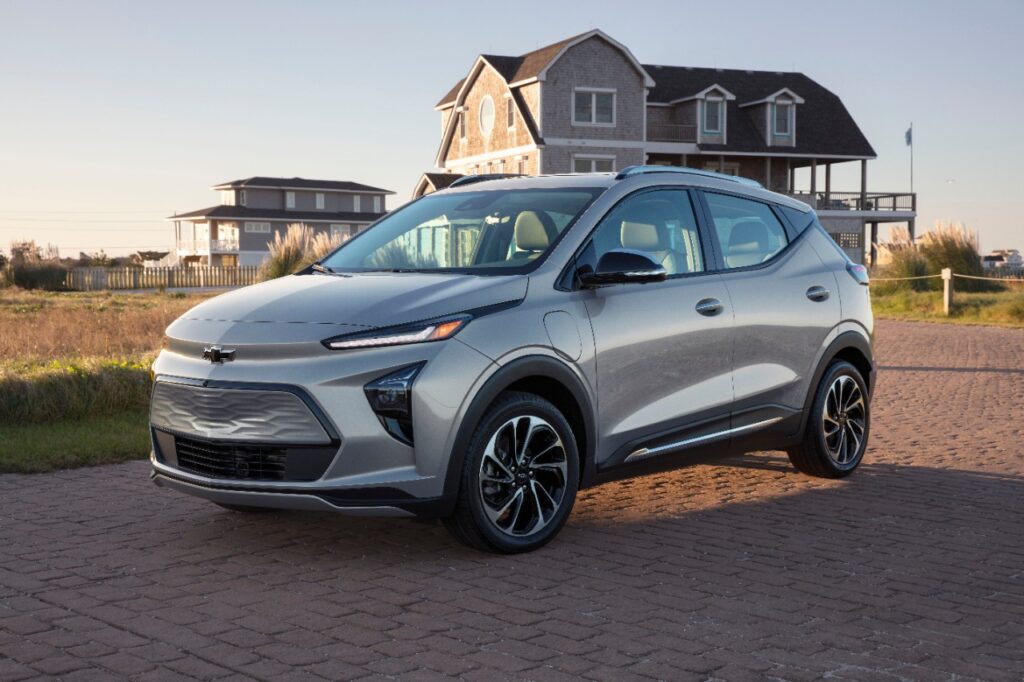
General Motors, Chevy’s parent, has said it will stop building petrol and diesel cars and light SUVs by 2035.
Purists look away now. That will mean a pure electric Corvette by that date, possibly called the E-Ray.
Internal Combustion high point?
265-283 cu in small block V8 from 1955 – father of the modern V8.
Chrysler
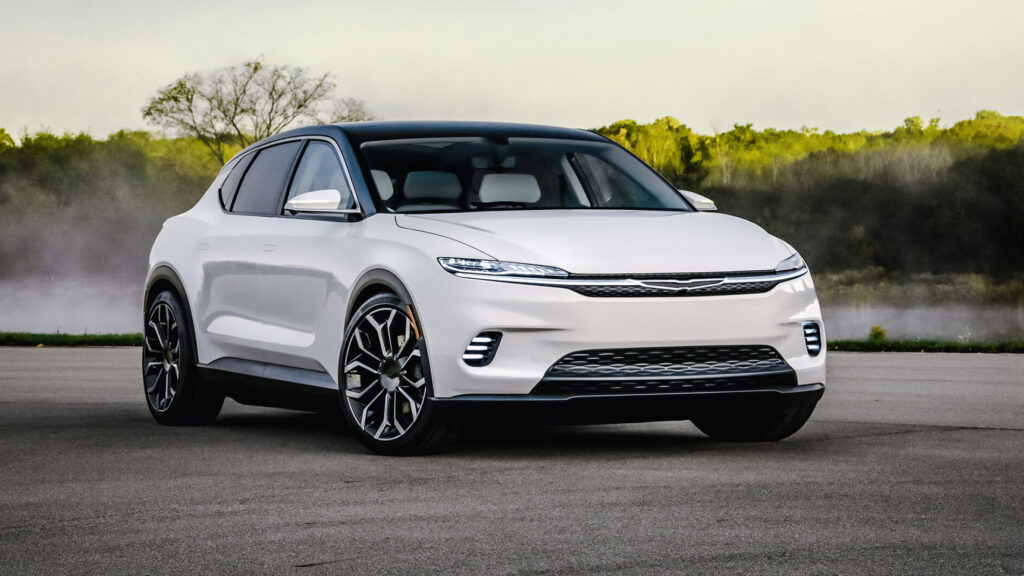
It’s long been about big engines and big grunt for Chrysler. The latter doesn’t appear to be going anywhere, but Chrysler has committed to getting rid of its petrol-engined cars.
By 2028 the Chrysler brand will be all EV, leveraging the muscle of parent company Stellantis.
It’s an important step for a brand that is fighting for survival (it was axed in Australia late in 2021).
Internal Combustion high point?
It’s got to be a Hemi and in this case we’ll choose the six-cylinder version, the Hemi 6. Effectively a product of Australia, the Hemi 6 mounted a solid six argument against the V8s of the day.
Cupra
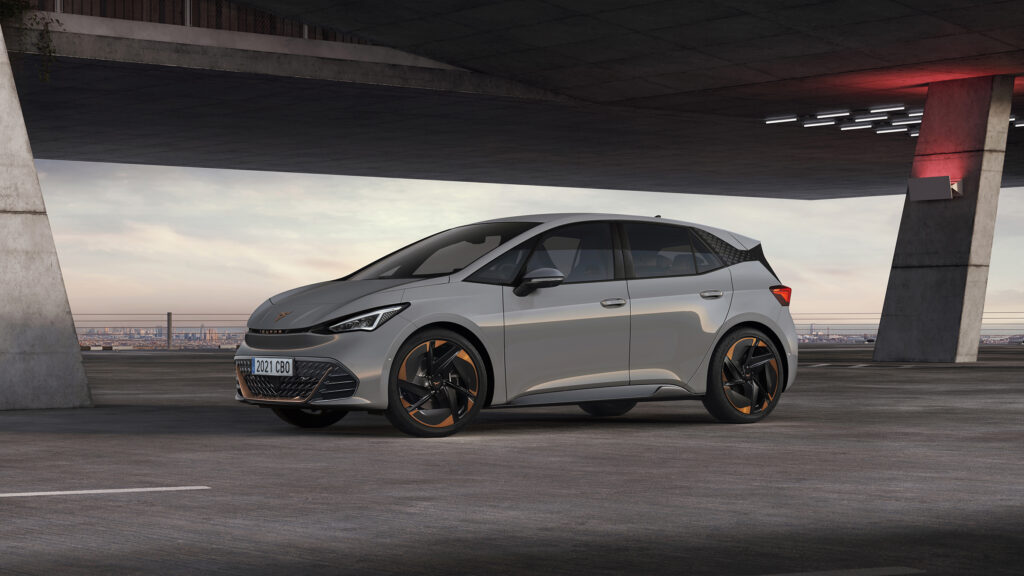
It’s not even in Australia yet but already Spanish brand Cupra is aiming for 2030 as the year it sells only EVs.
The Volkswagen-owned brand was only created in 2018 and plans to be in Australia in 2022 with plug-in hybrids from day one and an EV by 2023.
And Cupra CEO said recently “we have the ambition to become a fully electric brand by 2030”.
The first Cupra EV will be the Born (pictured) while others will be influenced by concepts such as the Tavascan and UrbanRebel.
The ICE we’ll miss?
It’s a short list, but the 1.4-litre four-cylinder matched to an electric motor for a hybrid system worked nicely
Fiat
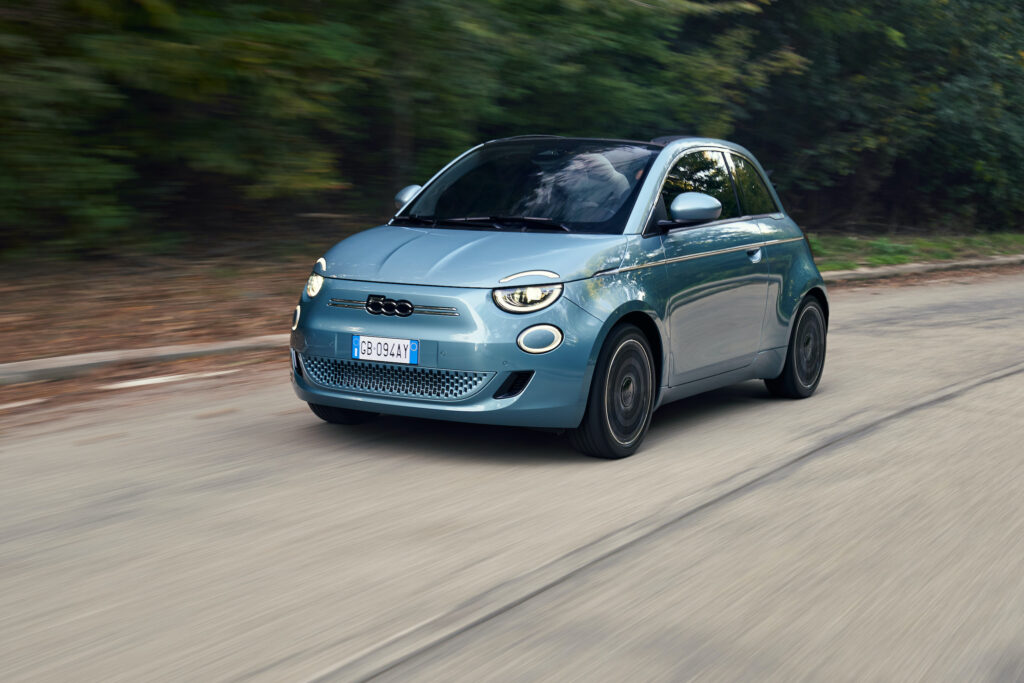
The Italian giant intends to switch wholly to EVs by 2030.
Fiat CEO Olivier Francois said the transition would be a gradual one between 2025 and 2030, with the expectation being EVs will cost no more than combustion cars.
Its first mass market EV, the Nuova 500, began production in 2020.
Internal Combustion high point?
1957 air-cooled two-cylinder engine fitted to the original Fiat 500 – cheap, simple, brilliant.
Ford
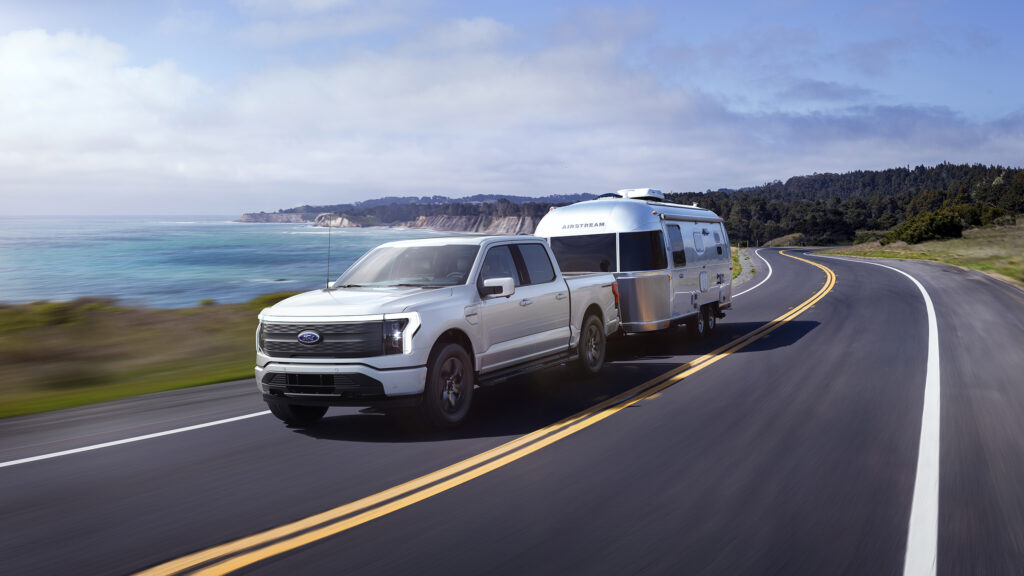
Will offer only all-electric models in Europe by 2030. It’s less clear when Fords for the rest of the world will follow suit.
The US brand has said by 2026 each passenger vehicle in its European line-up will be offered as a plug-in hybrid or full electric.
Even sooner, in 2024, each of its commercial vehicles will have PHEV or EV options.
Internal Combustion high point?
1932 Flathead V8 – the hot rodder’s favourite.
Genesis – 2030
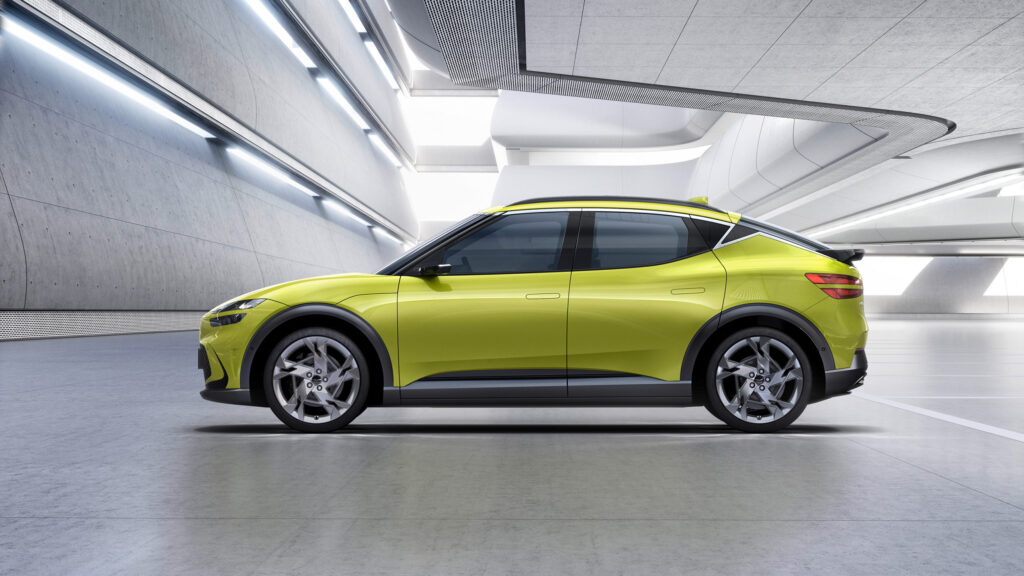
From 2025 Genesis will only launch EVs, with eight in total planned to flesh out the growing lineup. By 2030 every Genesis sold around the world will be an EV.
Crucially, however, Genesis is not just planning a range of battery electric models, instead also looking to fuel cell EVs, which is tech being used by parent company Hyundai.
It’s a bold move and one that could give Genesis an edge over rivals.
The ICE we’ll miss?
There haven’t been many, because Genesis as a brand was only formed in 2015. While it’s tempting to nominate the 3.3-litre twin-turbo V6 (the same engine used in the Kia Stinger), oddly it’s the 2.5-litre rear-drive four-cylinder that could well up a tear.
Honda
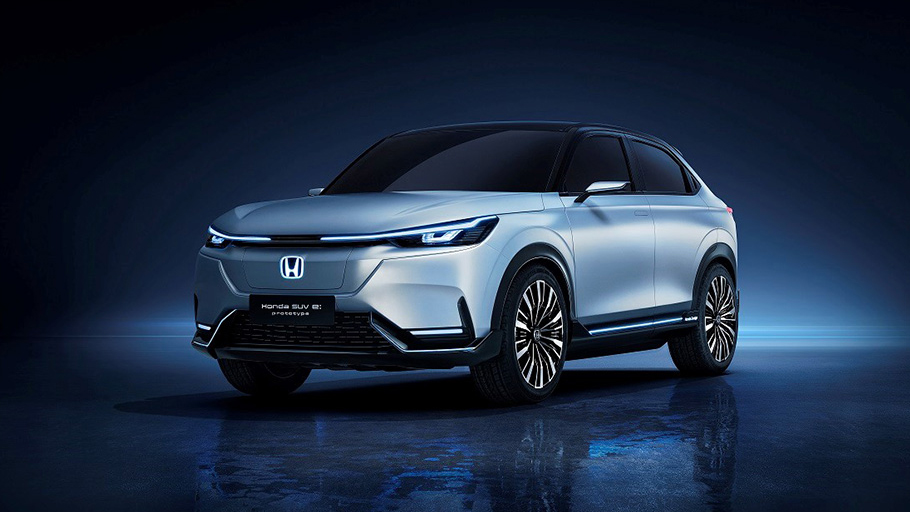
Its entire global line-up will be either fully electric or hydrogen fuel cell by 2040.
It currently sells only the Honda E full electric vehicle, which isn’t for sale in Australia and more recently Honda revealed the e:Ny1 Prototype, which looks like an EV version of the HR-V compact SUV.
The ICE we’ll miss?
1988 B Series VTEC four-cylinder – high revving modifier’s delight.
Hummer
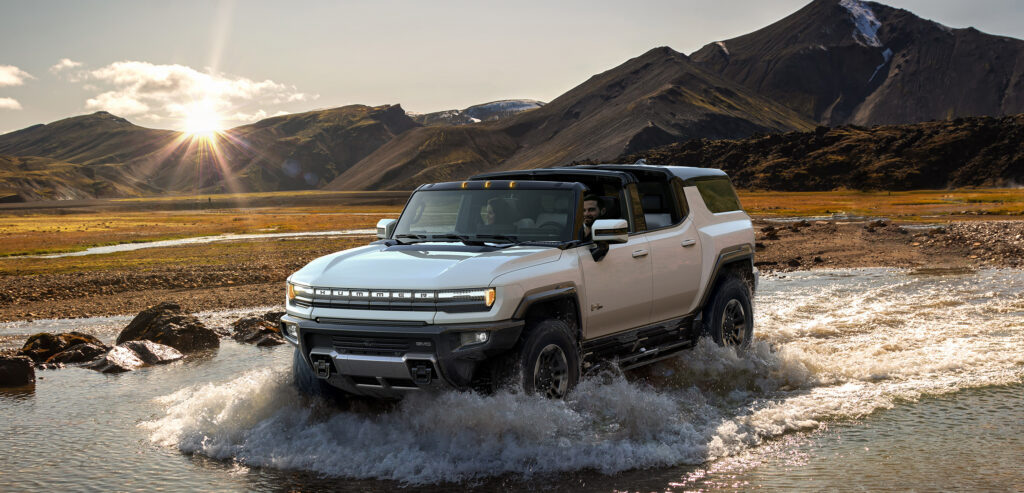
Once famed for guzzling fossil fuels faster than a burning oil field. But the new, improved and socially conscious Hummer is going to be a pure EV brand.
Its Hummer EV pick-up should arrive in 2022, while an SUV version is set to follow in 2023.
The ICE we’ll miss?
The 6.5-litre turbo Detroit Diesel. Anything that drinks this heavily has to be respected.
Hyundai
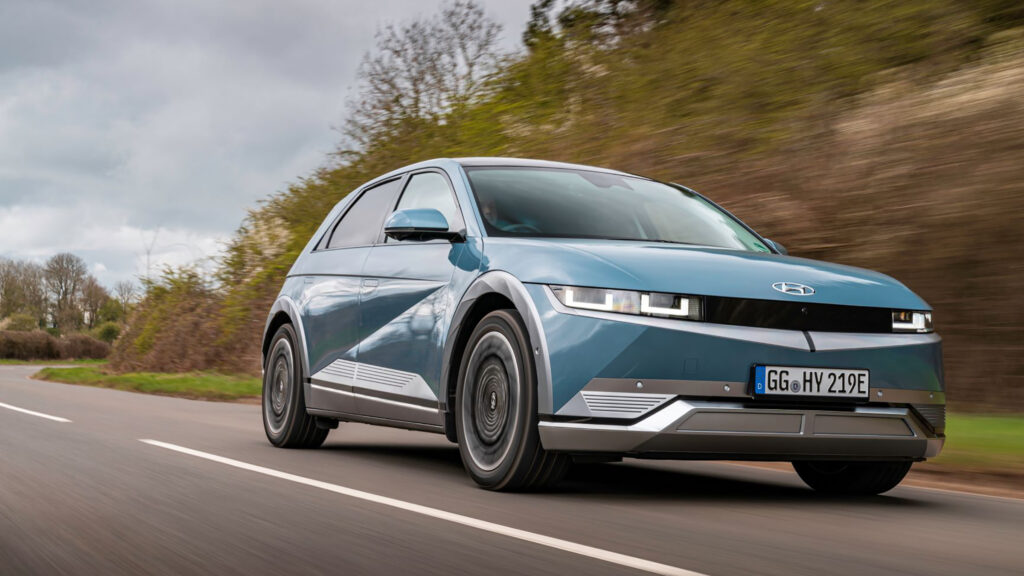
Hyundai is pushing hard on EVs, both hydrogen fuel cell and battery electric vehicles.
The Korean car making giant is continuining its push to EVs with the Ioniq 5, Ioniq 6 and Ioniq 7 as the family expands.
In 2021 Hyundai tweeted its intentions, saying it “will electrify its entire model line-up in Europe by 2035, and by 2040 in other major markets”.
The ICE we’ll miss?
Hmm, there are a lot of very basic get-the-job-done engines in the Hyundai lineup… But the popping and punching 2.0-litre turbo in the N cars is worthy of greatness.
Jaguar
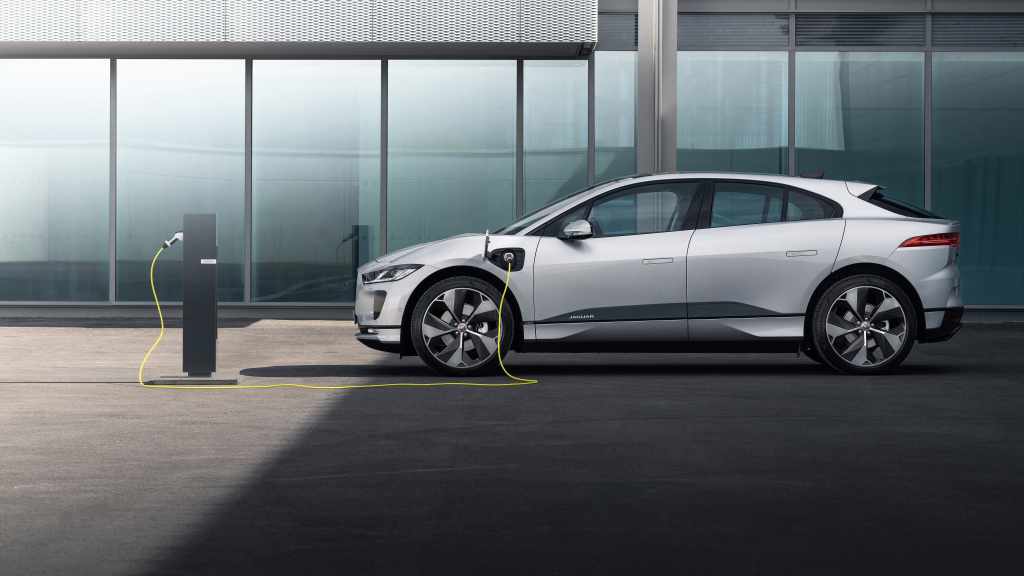
The Brit says it will no longer offer petrol or diesel-powered engines from 2025 as it becomes an all-electric luxury brand.
Hydrogen power has been mooted alongside battery electric vehicles, with Jag announcing models from 2025 would be built “exclusively on a pure electric architecture.”
It better move fast. At present Jaguar offers only one pure electric car – the I-Pace SUV – while there are plug-in versions of its F-Pace and E-Pace SUVs available in other markets.
The ICE we’ll miss?
Its XK six-cylinder. Helped win the Le Mans 24 Hours five times between 1951 and 1957; was used in the E-Type and still in production in 1992.
Land Rover
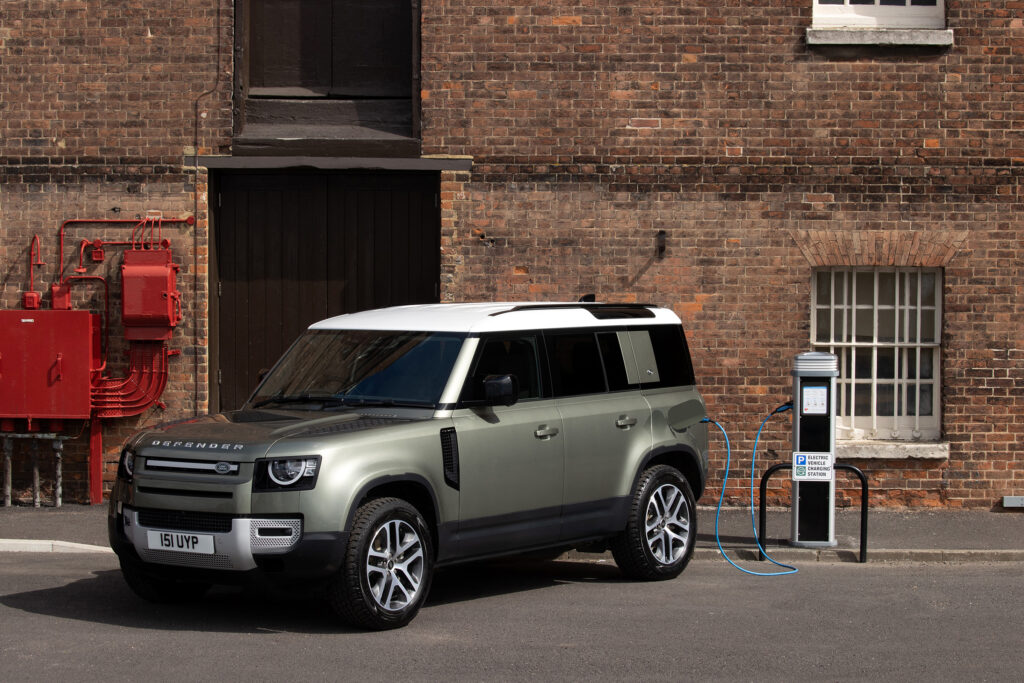
All vehicles in the Jaguar Land Rover family will come with a pure electric variant by 2030.
While we know Jaguar will ditch petrol and diesel by 2025, Land Rover’s date is less clear, but shouldn’t be too far behind.
We’re set to see six new pure electric Land Rovers in the next five years, with the first arriving in 2024. Diesel power will be phased out from 2026 from its three luxury SUV families: Range Rover, Discovery and Defender.
The ICE we’ll miss?
The 2.5-litre five-cylinder TD5. Proved reliable in the Defender and Discovery on Land Rover’s own G4 Challenge global adventures.
Lotus
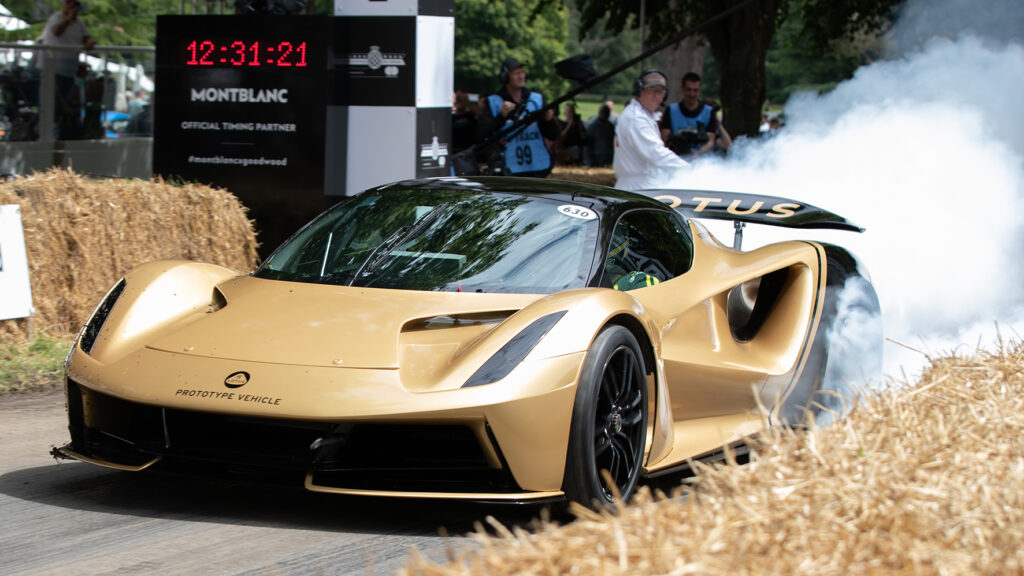
The all-new Emira will be the British sportscar company’s final conventional internal combustion engine offering.
Ahead of its launch, Lotus MD Matt Windle said Lotus would be an electric vehicle only company in 10 years’ time, giving a date of 2031.
The brand’s full-electric Evija hypercar is set for production by the end of 2021 after numerous delays.
The ICE we’ll miss?
1962+ 1.5-litre and 1.6-litre Lotus Ford Twin Cam used in the Elan, Seven Twin Cam and Ford Cortina Lotus. With help from Cosworth it even appeared in some F1 Grand Prix cars.
Mercedes-Benz
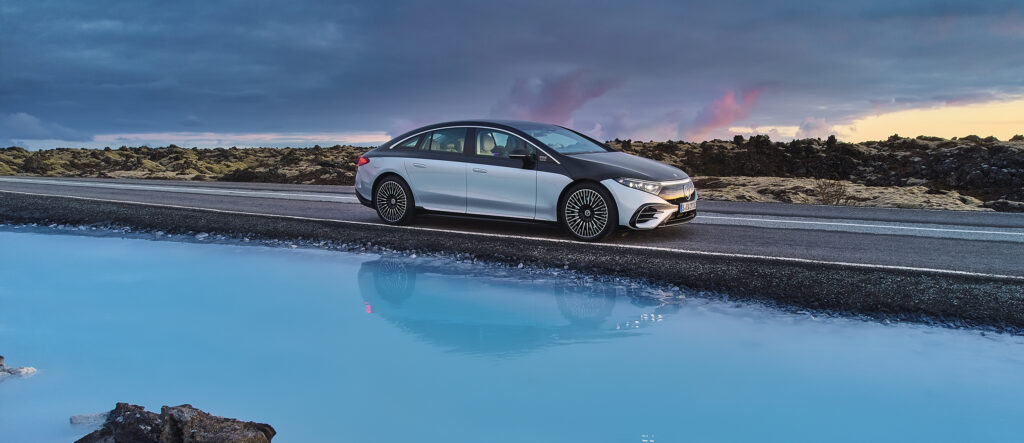
Has announced it is moving towards a fully electric lineup by 2030. That means the PHEVs it currently offers will be phased out alongside petrol and diesel.
It’s expected the world’s oldest car maker will stop spending on internal combustion engines by as early as 2025.
That same year Benz will reveal three ground-up EV architectures: one for passengers cars and SUVs; one for AMGs and one for light commercial vehicles.
The ICE we’ll miss?
It’s hard not to get all emotional about the M100 6.3-litre and 6.9-litre efforts that saw service from 1963-81. That AMG V12 bi-turbo’s a bit special, too.
Mini
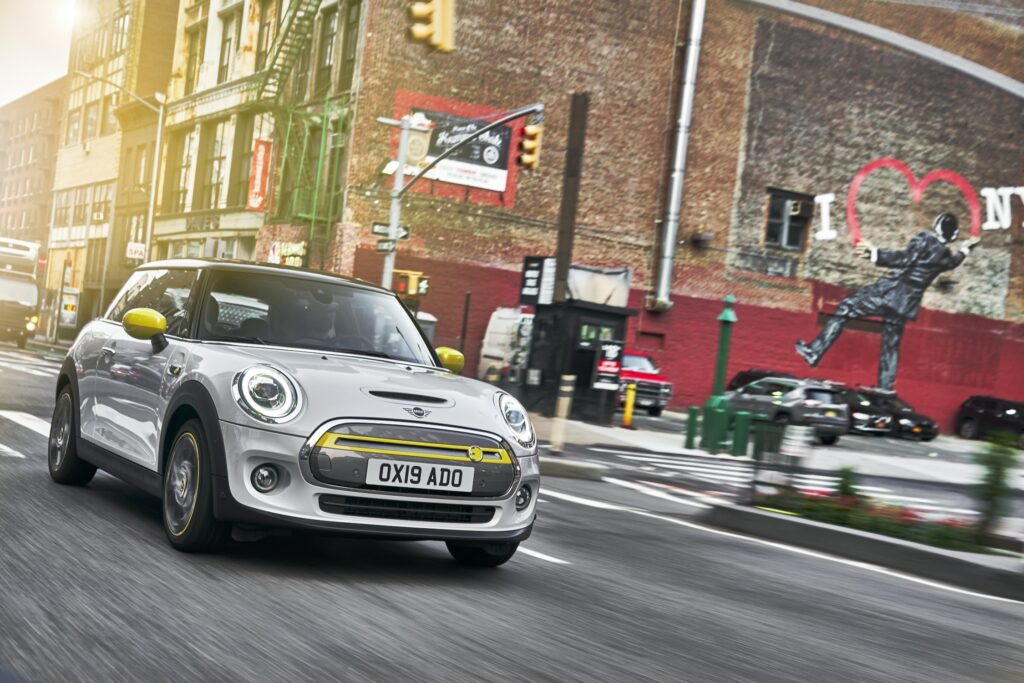
Plans to offer only EVs by the early 2030s, ahead of every other brand controlled by BMW Group.
The final year a car will be launched with a combustion engine will be 2025.
Predominantly used as city cars, it makes sense for Mini, rather than other BMW Group brands, to lead the way in the all-electric world.
For now, the only EV it offers in Australia is the Mini Electric.
The ICE we’ll miss?
Tuner favourite 1275cc in-line four-cylinder – helped power Monte Carlo rally winners in the Mini Cooper S.
Rolls-Royce

The first electric car from the British brand – the Rolls-Royce Spectre – arrives late in 2023 and every new model from then will be EV only.
By 2030 the brand says it will no longer be selling any ICE cars, instead relying purely on electricity.
It’s a big change for the most traditional of brands, but one that perfectly suits its driving ethos: effortless, brisk and quiet.
The ICE we’ll miss?
Take your pick, provided it’s in the classic 6.75-litre capacity. The last of the BMW-derived twin-turbo V12s in the Phantom and Cullinan is hard to go past.
Volvo
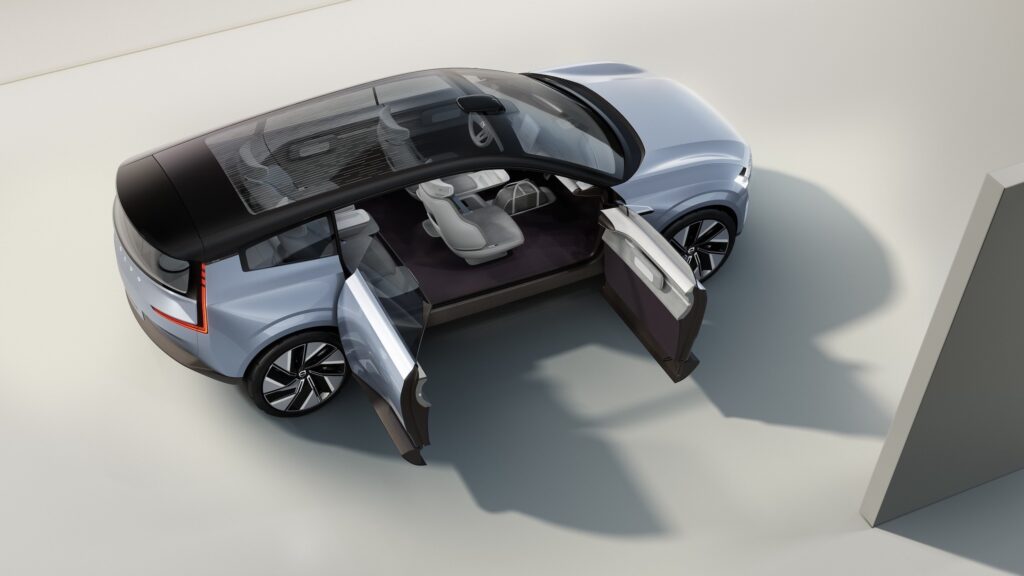
No exact set-in-stone date, but the Swedish brand’s global CEO has said he wouldn’t be surprised if it sold only pure electric vehicles by 2030.
Volvo’s target is 50 percent of all its cars sold by 2025 will be EVs. Knowing Volvo, they’ll probably better this and then some.
The ICE we’ll miss?
The turbocharged five-cylinder used in the bonkers 1994 T5-R.

